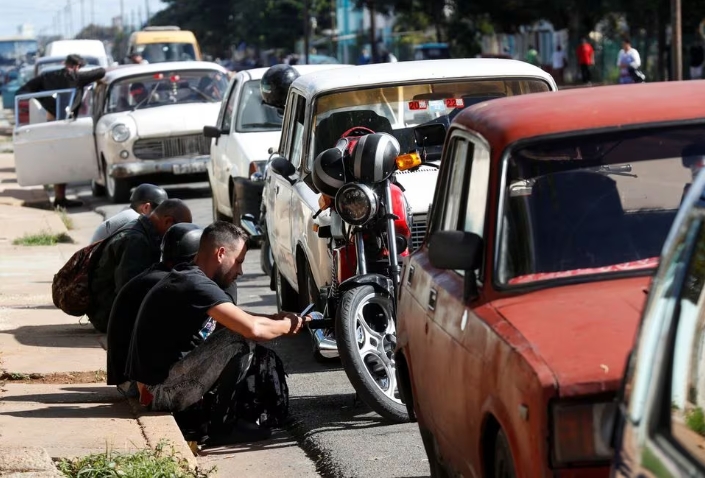
The problems caused by the late January cyberattack have been resolved, economy vice minister Mildred Granadillo said in a state-run media report, allowing the government to move forward with retail price increases at the pump.
Cuba in late December announced a series of measures, including hikes in fuel and public transport prices, in a bid to narrow a ballooning fiscal deficit. Critics have attacked the policies as inflationary, ill-timed and lacking incentives for domestic production.
"The measure in itself has an inflationary impact; however, there is a group of decisions that mitigate its impact,” said minister of finance and prices Vladimir Regueiro.
Officials said they had decided to limit the fuel price rises on March 1 to the retail sector, leaving the discounted wholesale prices that apply to public services such as transportation unchanged to soften the blow on consumers.
The communist-run government said it would also move forward on March 1 with a previously announced hike in the price of electricity for top-tier users, but decided to hold off on increasing the price of liquefied gas used widely on the island for cooking.
The price increases come as Cuba undergoes its worst economic crisis in decades, prompting a record-breaking migration off the island and growing angst among Cubans who suffer severe shortages of food, fuel and medicine.
Blackouts, too, have been on the rise in recent weeks, with deficits in generation at times running at nearly one-third of demand, leaving many in the dark for several hours a day.
Energy and mines minister Vicente La O Levy said the retail fuel price hikes - which include selling some gasoline in dollars - would more closely reflect its market value and help Cuba purchase more fuel to stem the blackouts and shortages.